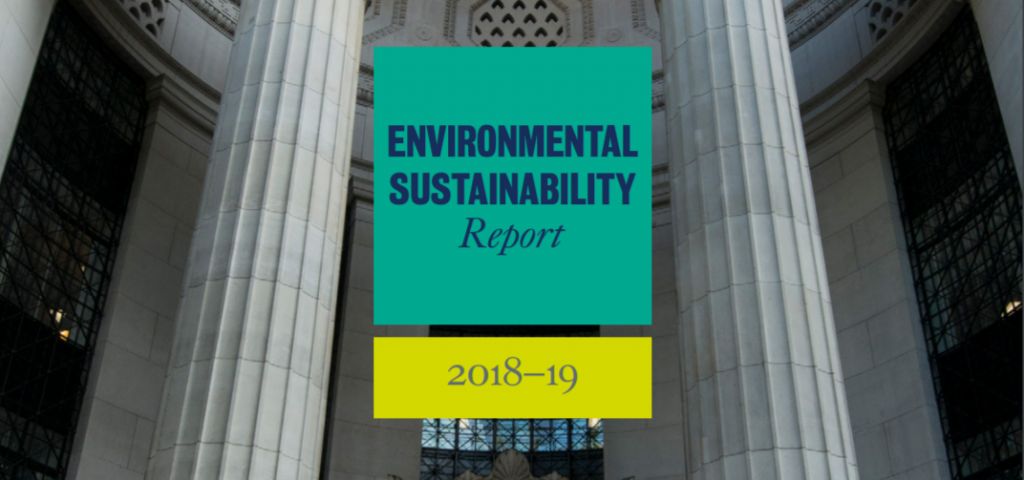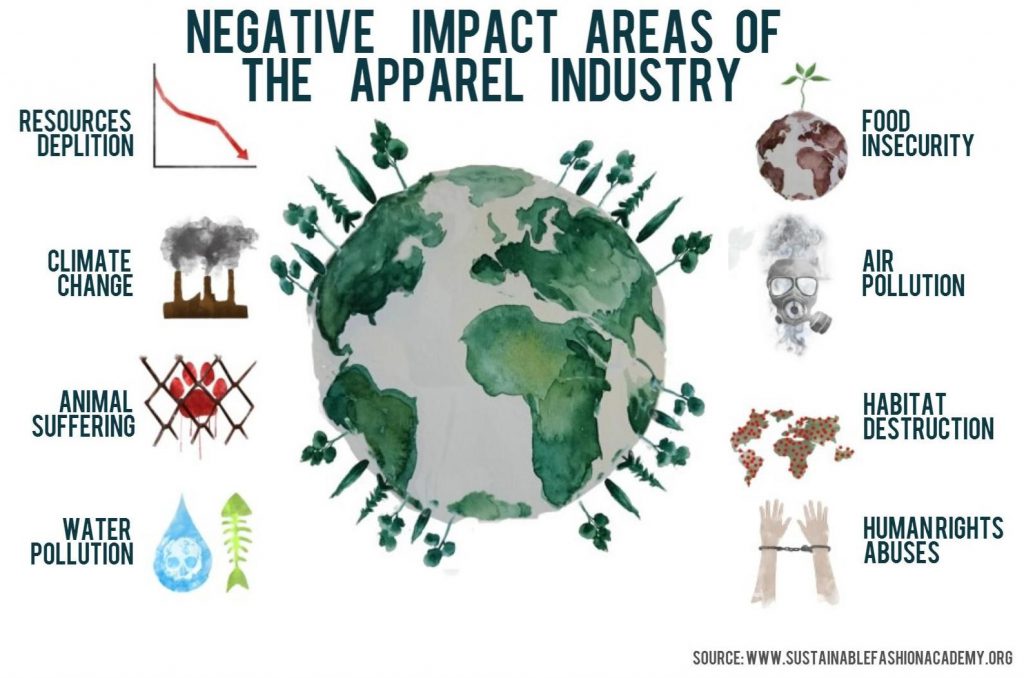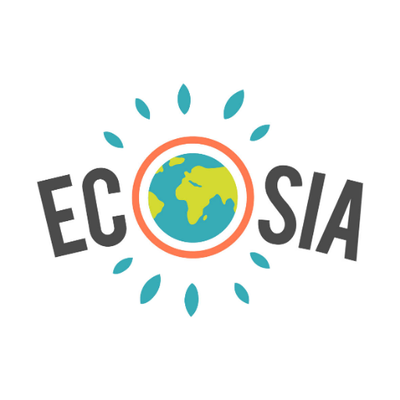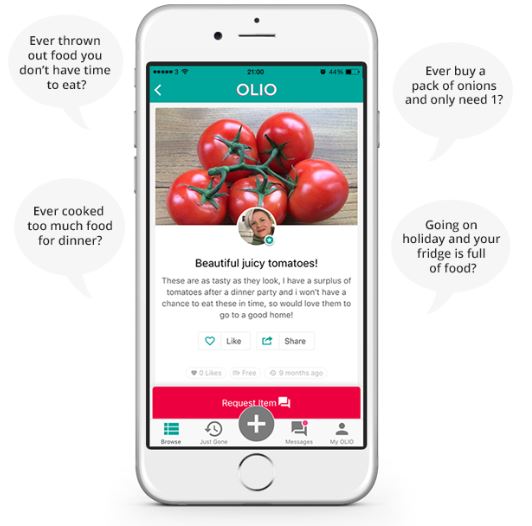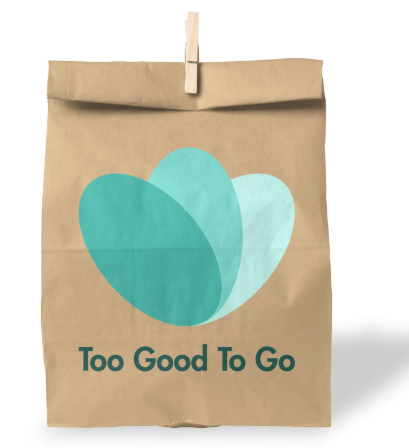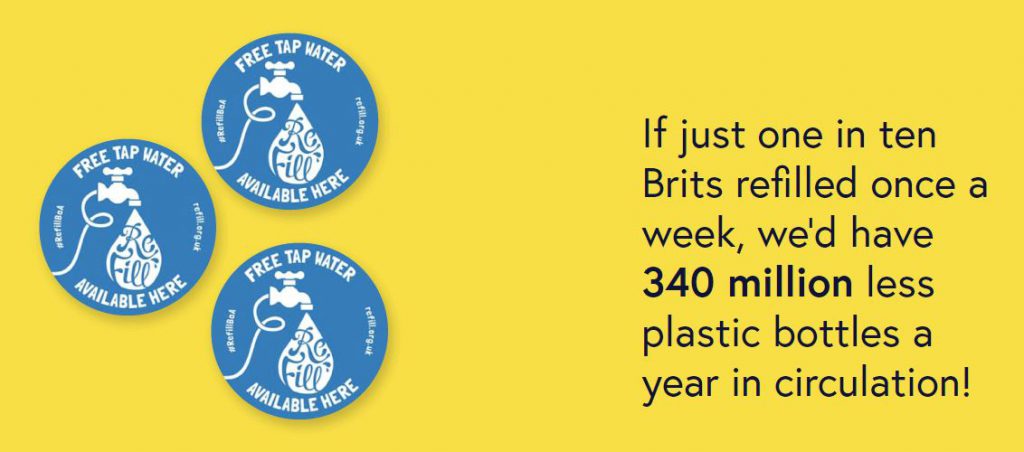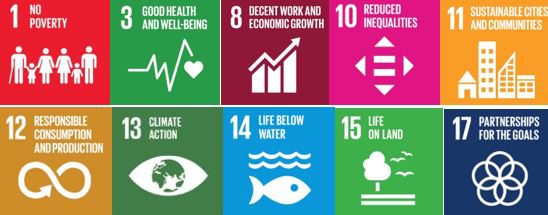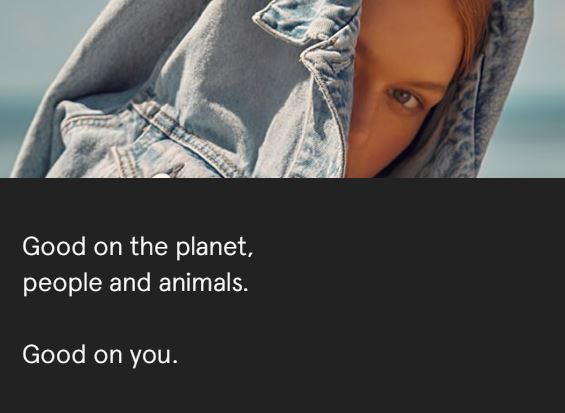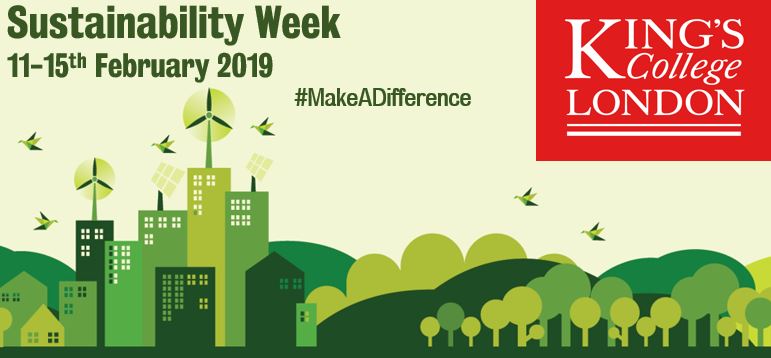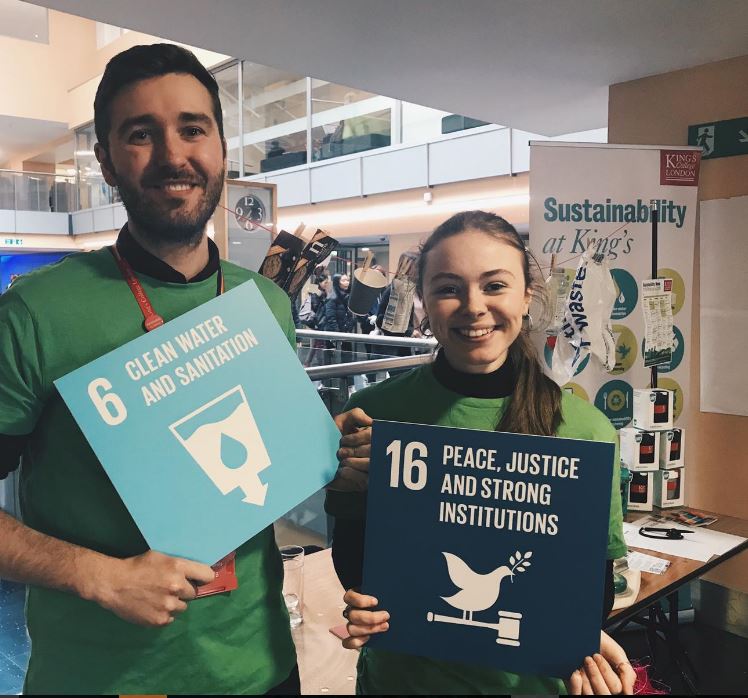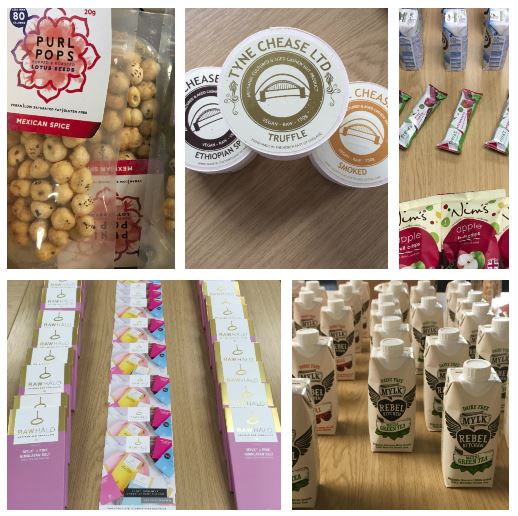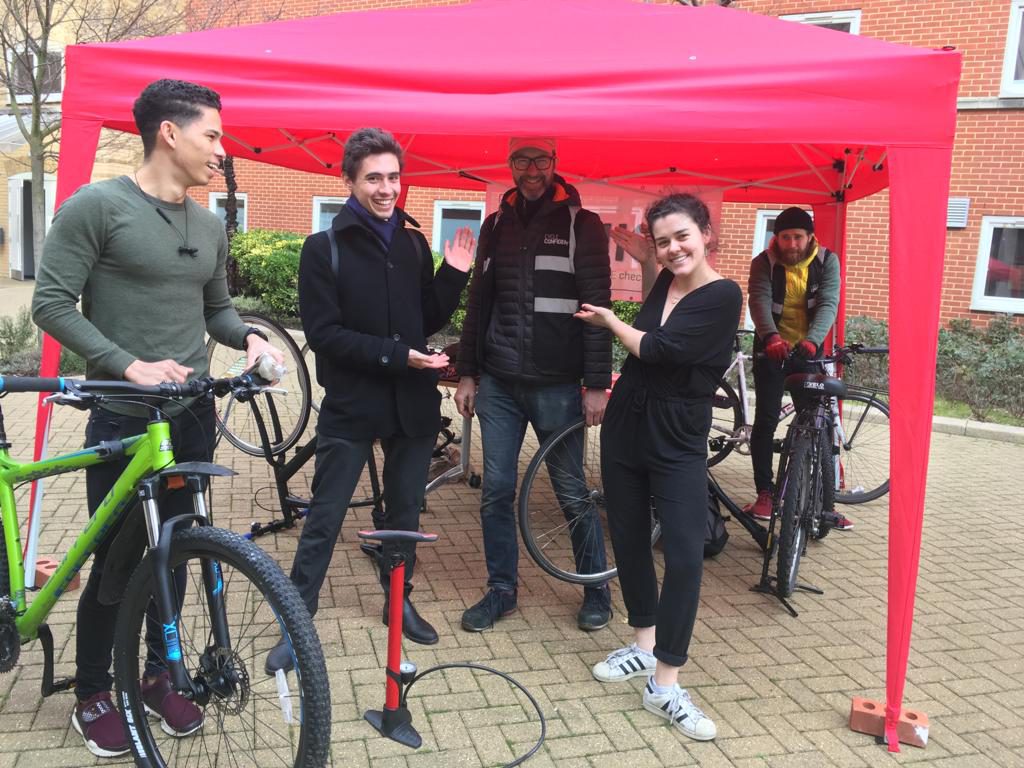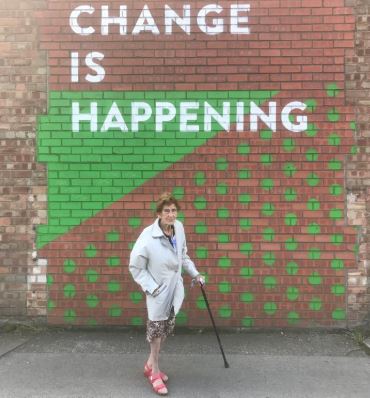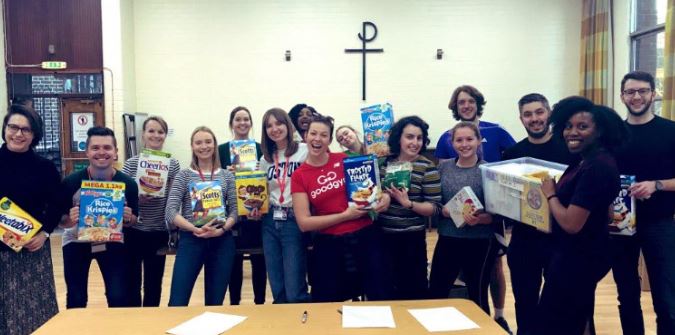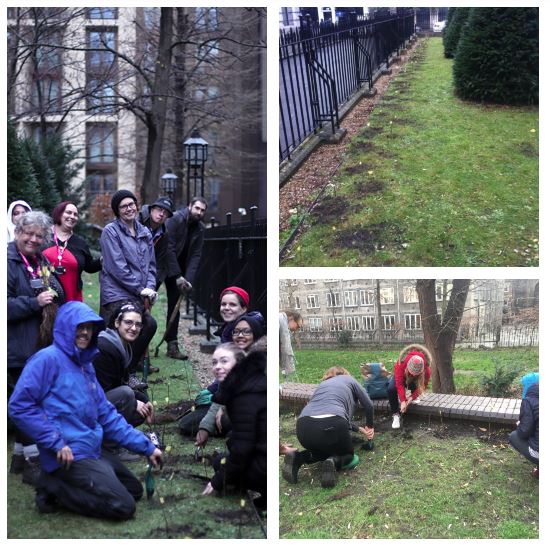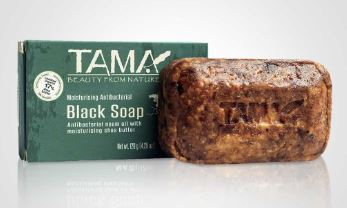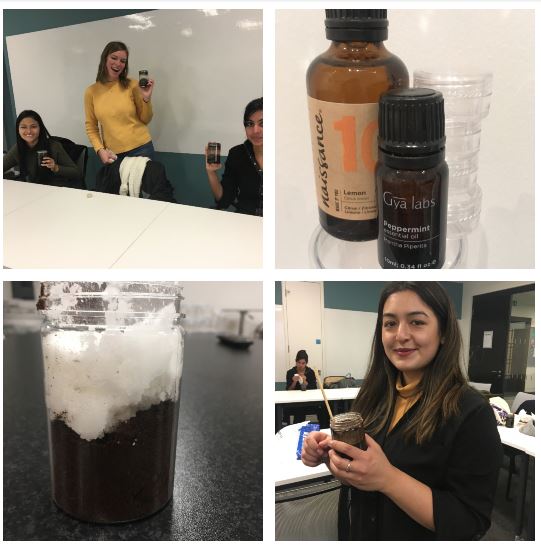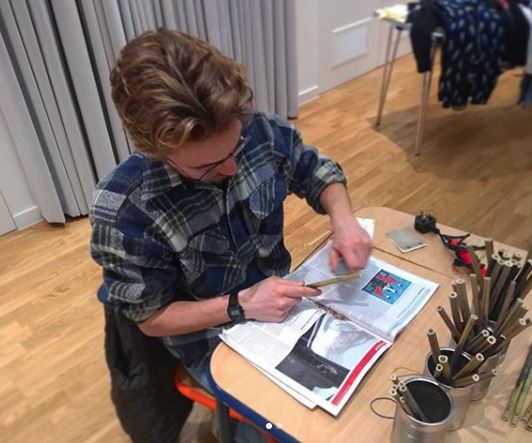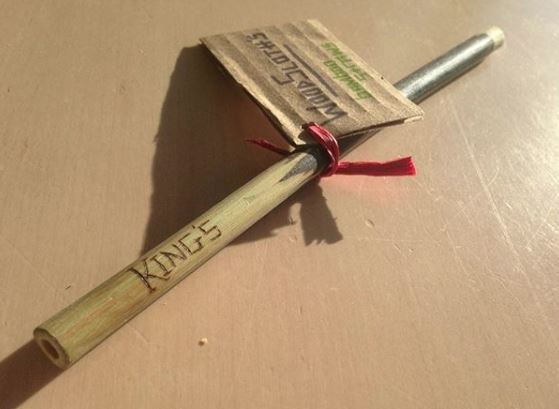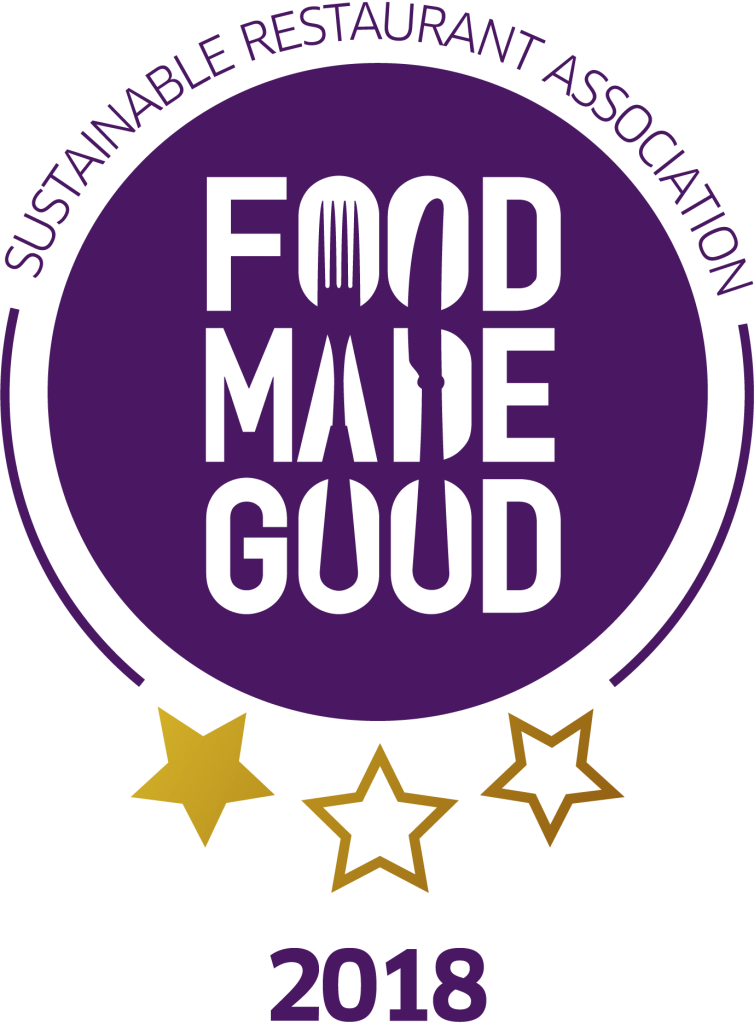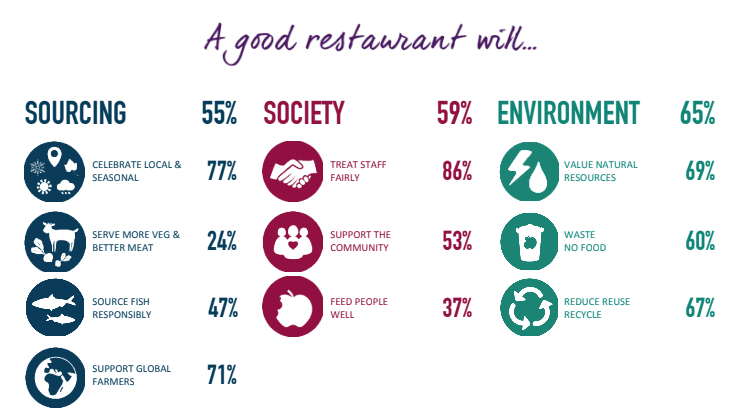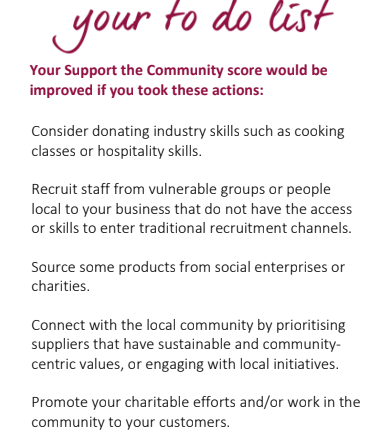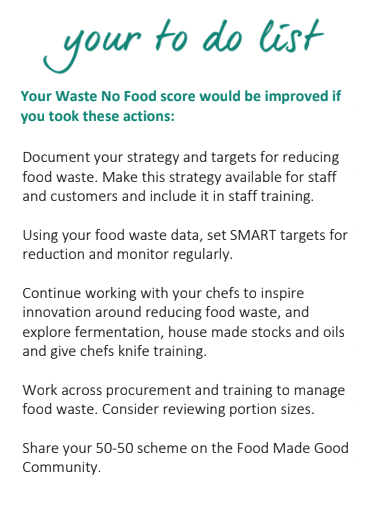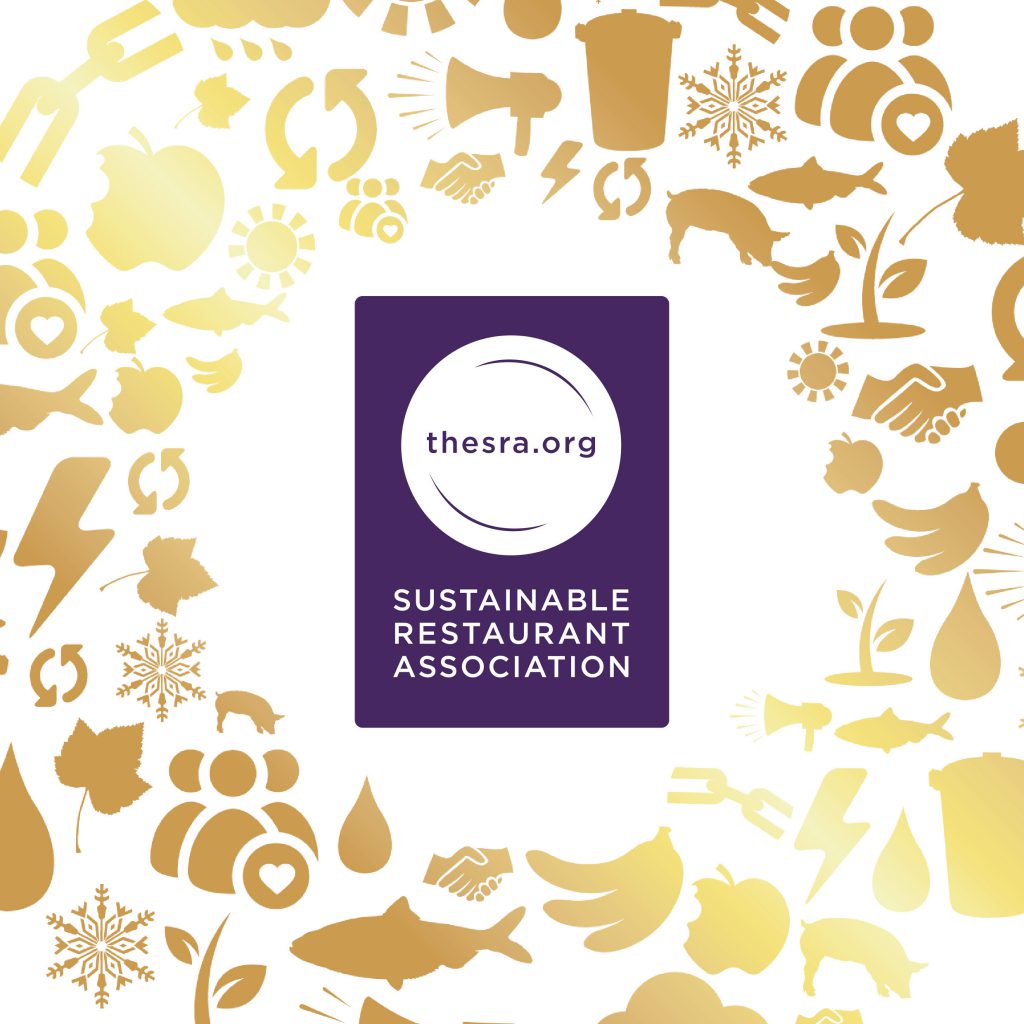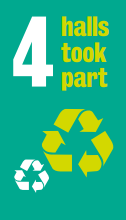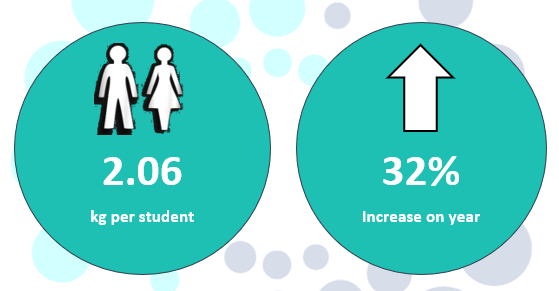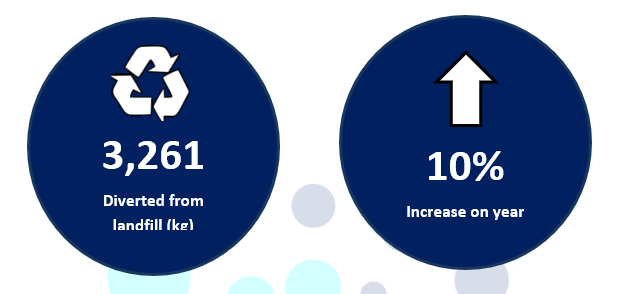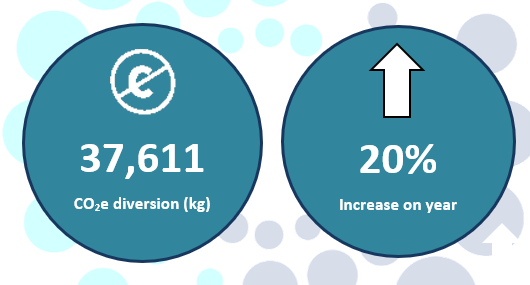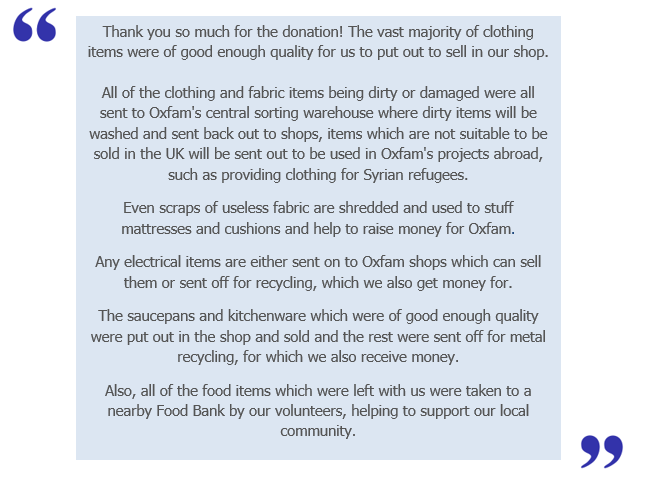This blog comes from Bethan Spacey, Sustainability Engagement Assistant and BA English student.
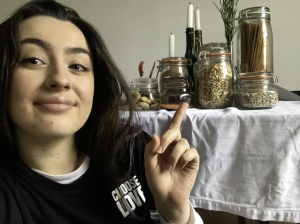 My name is Bethan and I’m an (about to be) third-year English Student. For my first year at King’s College London, I lived in Wolfson House in one of the Sustainable Living Communities (SLCs).
My name is Bethan and I’m an (about to be) third-year English Student. For my first year at King’s College London, I lived in Wolfson House in one of the Sustainable Living Communities (SLCs).
The SLC I lived in was one of the zero-waste flats, and I was lucky enough to get to do this in its pilot year. In this blog I will talk a bit about what SLCs are, the ones that are on offer, and my experience.
SLC is an initiative being run by King’s Residences and King’s Sustainability to facilitate the sustainable education, living and community of change-makers. The programme works alongside ResiLife to bring sustainability-focused events, themed around the United Nations Sustainable Development Goals (SDGs) into King’s halls.
For 21/22, they’ll be running vegan and zero-waste SLCs. The vegan or zero-waste SLC members live in a designated flat in one of King’s residences and will have support and specific events and activities to complement the respective lifestyle choices.
My experience with SLCs began when I received an email about a zero-waste project that they would be running in a small number of flats in my allocated student accommodation, Wolfson House. I had been interested in a zero-waste lifestyle for a while – even giving it a go in my hometown – but I had never been successful. At that time, I was living low waste: I’d massively reduced my plastic usage and was purchasing more consciously, but there were still major factors that were inhibiting my progress, such as money, living with my family and resources (living in a small village in South Wales).
This was one of my concerns: that I’d enter one of the zero-waste flats keen, but not quite good enough. I was worried that I’d make mistakes and be reprimanded or fall out with my peers, or that I wouldn’t be able to fulfil the requirements of complete and total zero-waste. I applied anyway and was quickly allocated a place.
When I arrived at the flat, I discovered that the other people that had opted into the scheme were just like me – some with even less experience living a zero-waste lifestyle. This was reassuring. It was also, to my surprise, a mixture of people regarding backgrounds, genders and ages. This I was also glad about, as I was worried that choosing to enter one of these flats would be choosing to pigeonhole myself and only interact with a certain kind of person.
I attended the first SLC event after settling into the flat and was gifted a bag of zero-waste goodies, such as a reusable cup and a mason jar. I have these things to this day, so it is sufficient to say that they have helped me out on my zero-waste journey. In between SLC events, leading the lifestyle of our choosing within our flat was up to us; staff were not sent to police if we were living ‘zero-waste enough’. This made me feel like I had the space to learn and grow without judgement. Luckily for me, Wolfson House was right next to King’s (now sadly closed) zero-waste store, Nought! This was perfect: not only could I get zero-waste products near my accommodation, but I could also get them at a student-friendly price. This store has since shut, but I’ve been surprised at how many zero-waste or bulk food stores you can find in London that aren’t insanely expensive. Some of the bigger Lidls even have sections where you can buy nuts in bulk!
I attended several SLC events before an early covid-related departure in March. My favourite was the Vegan Christmas potluck, an event at GDSA where everyone brought their own dish and we all shared food. I got to chat with quite a lot of people from the different residences hosting SLCs, as well as eat some yummy food. Meeting people in the other residences was great because although I ended up in a zero-waste SLC, I would have happily partaken in a vegan one, so it meant that I got to meet more people with similar interests.
As I mentioned, my year got cut short when the UK went into its first lockdown, and we were all sent home in March. However, I loved my experience in Wolfson House and more specifically, in a zero-waste SLC. I would recommend the experience to anyone already living attuned with either one of the zero-waste or vegan lifestyles, but also just to anyone interested. For me, it was a great way to officially begin my zero-waste journey with someone holding my hand and giving me useful advice and insight.
Applications to join one of the Sustainable Living Community flats are now open. Join the SLC Facebook group for updates on how to apply!

